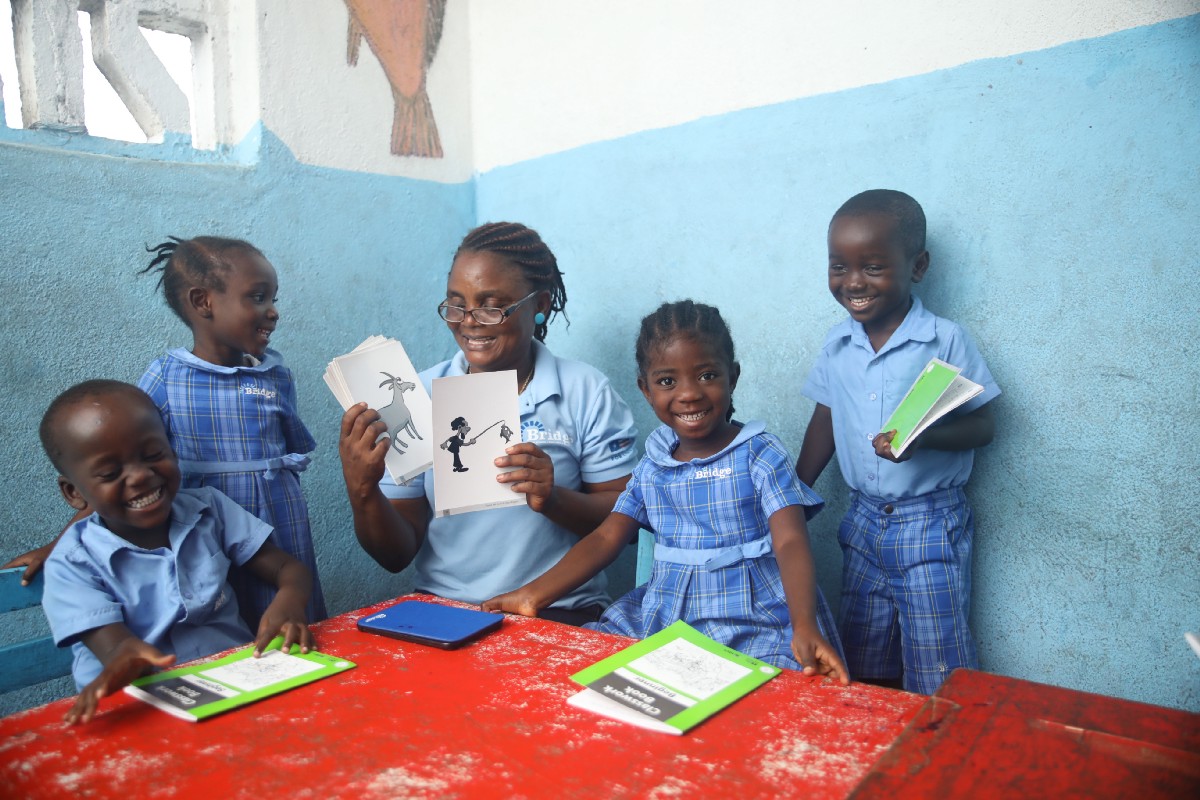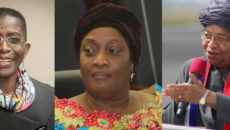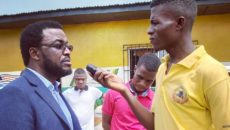After decades of war and the Ebola crisis eighty percent of the Liberian public education system was destroyed, so the nation needed a fast, effective plan to deliver quality education back to its people.
“According to the Liberia Demographic and Health Survey, in rural areas, 66% of 15–24-year-old women and 30% of 15–24-year-old men were illiterate.†Additionally, just 20% of children who enrolled in the first grade went on to complete 12th grade in Liberia.
President Ellen Johnson Sirleaf and Education Minister George Werner knew that the path towards educating the future of Liberia had to change with bold progressive reforms. Together, they devised the Partnership Schools for Liberia, a strong public-private partnership pilot program to see how independent school operators could quickly establish some successful public schools.
Since the start of PSL one year ago, eight partners like Bridge International Academies have taken responsibility for around 90 schools. Like the other seven operators, Bridge has supported teachers, principals, and communities to create decent learning environments for Liberian children. Transparency and accountability to the government have been at the forefront.
I’m very excited about the future of this program and the benefits I’ve seen for the children of Liberia. In the next month or so we expect to publish a midline report with evidence of whether or not the children in our schools have experienced accelerated learning. I’m very confident that the Bridge PSL schools will show that Liberian public schools are capable of delivering good learning gains with the right tools and teacher support structures in place.
As with all educational reform, there has been some robust debate about this Liberian initiative. But the Liberian Minister for Education, George Werner, has recently responded by saying that he must move fast and take new approaches to education — as the interests of children must come above the interests of others.
After some called for Liberia to slow down the reforms, the education minister said, “You note that we should be ‘realistic’ about the learning gains that are possible to achieve in one year and that we should be ‘patient’ with expansion plans. But patience towards progress is a luxury that no post-conflict country can afford.â€
A couple of alarmist commentators have said Liberia is outsourcing its whole education system, but the truth is that, in year two of PSL, only around seven percent of state schools in Liberia may be run by independent operators, teaching the Liberian curriculum, with full accountability to the government.
Partnership Schools for Liberia is truly a collaborative initiative and we work alongside the government, parents, teachers, and communities to ensure that academic gains are delivered in the classroom.
We remain very proud of our support to the Liberian government at such an important time in the history of their education system. I regularly meet with parents of pupils in our schools, and I’ve been encouraged by their feedback.
Ms. Finda, a parent at one of our schools said, “Before, we [were] scared of Bridge because of what we [heard], but I think they were just lying to the people. Bridge [is] giving the children good education, I can see it for my own self.â€
The Liberian government has recognized that the education situation is a human rights imperative that must change; and that the key is making that change scalable and sustainable.
Partnership Schools for Liberia is attempting to achieve this and as the President of Liberia, herself said in her 2017 State of the Nation, address “Preliminary results from the Partnership Schools are encouraging. The children and their families are the program’s strongest advocates, and that, to me, says it all.â€
Featured photo courtesy of Bridge Partnership Schools for Liberia



